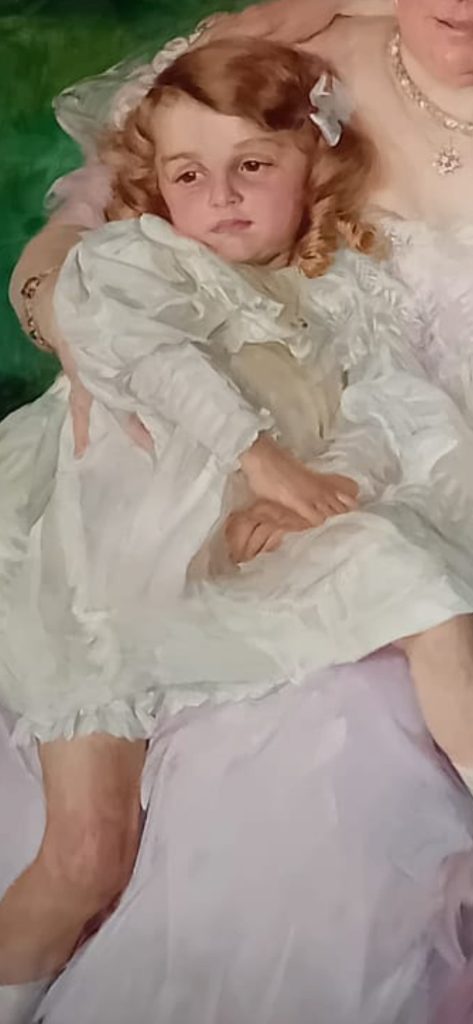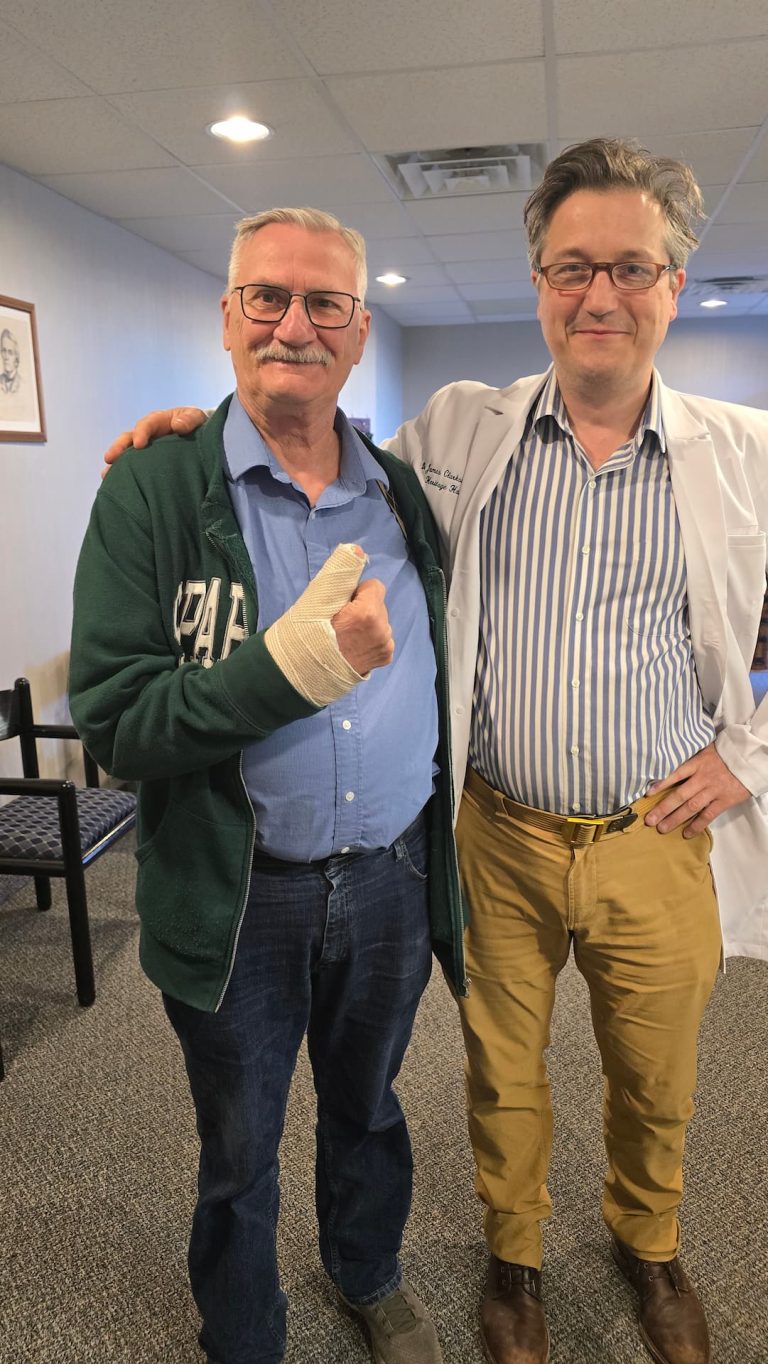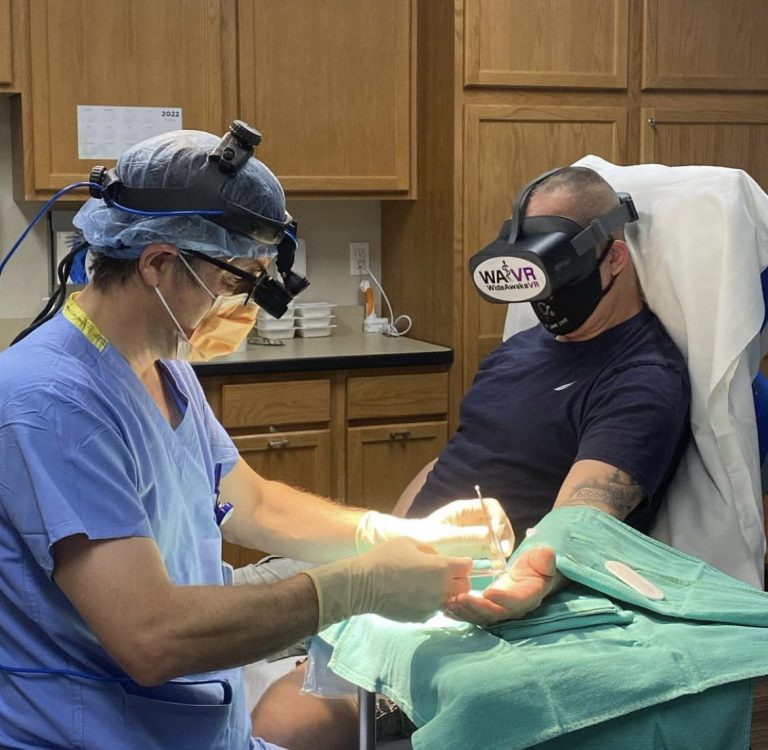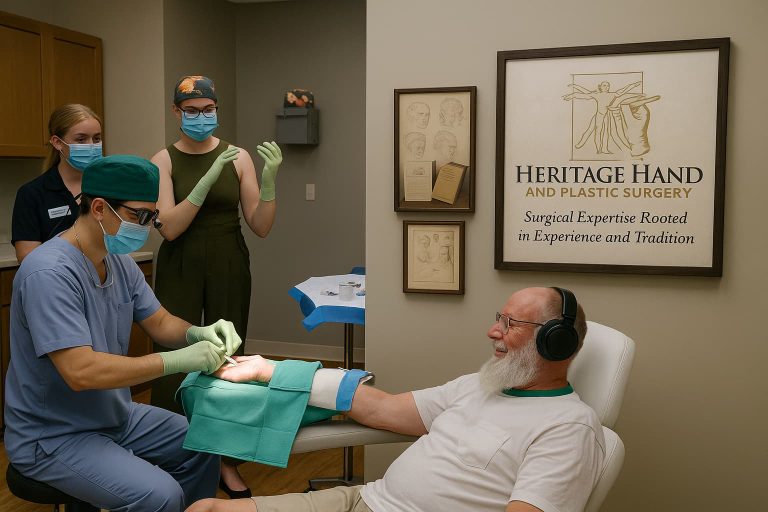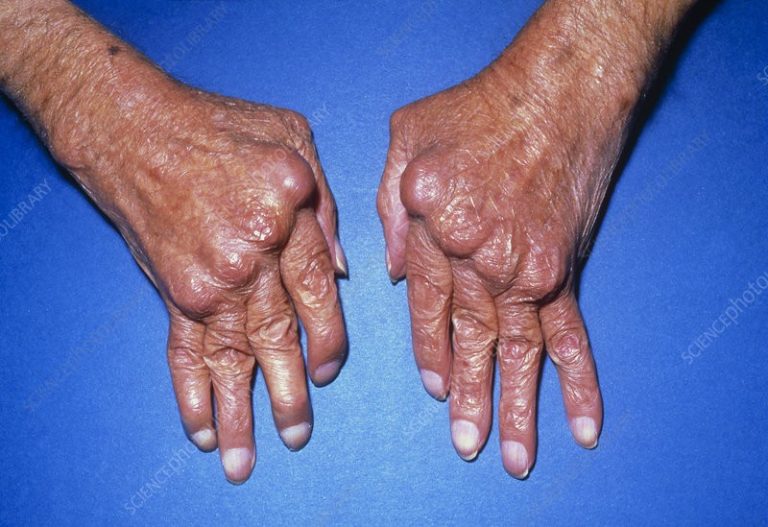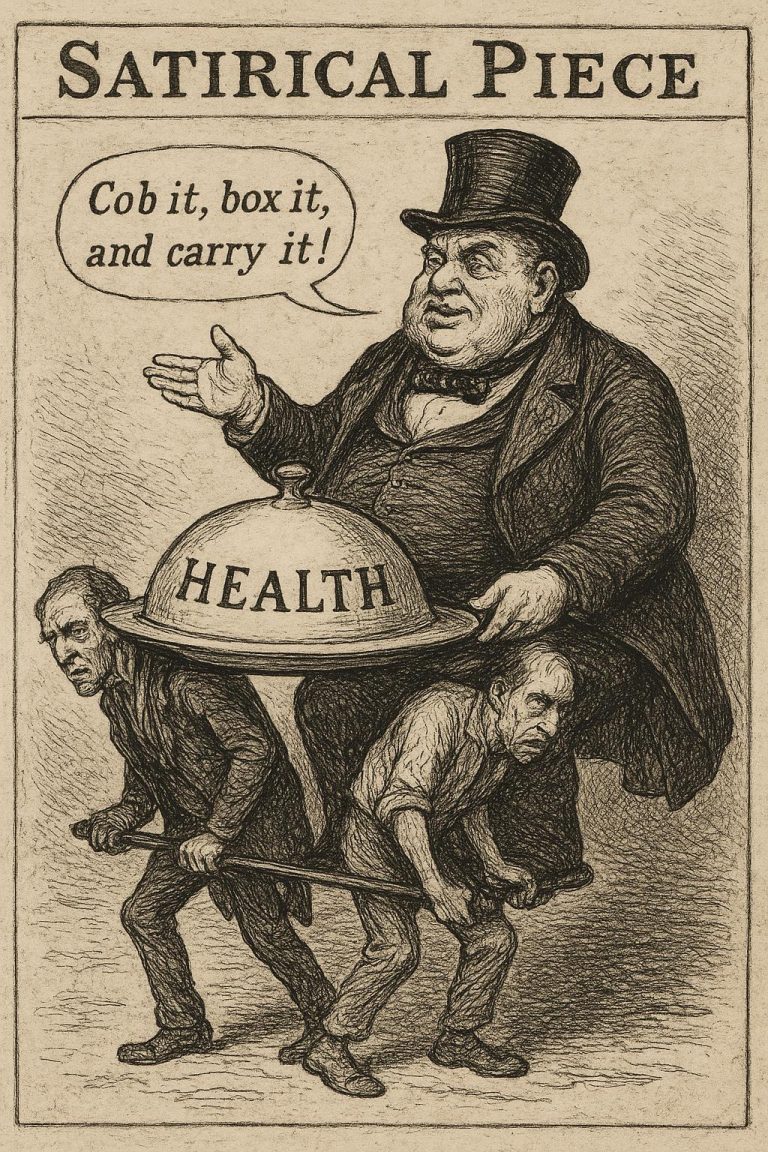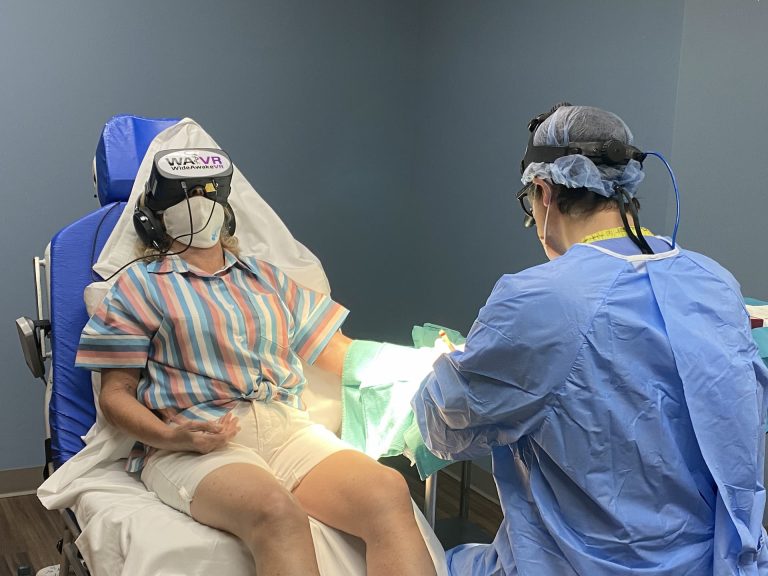The Medicine of Memory: Frances Bowman’s Legacy
Tonight, I want to remember Frances Bowman (Whitehead), my step-grandmother and also a distant cousin. One of my earliest memories is of sitting on her knee when she visited my family in Toronto, where I was born, when I was two and a half. As I sat there, she asked me what I wanted to be when I grew up. I told her I wanted to be a doctor. That moment is among my very earliest memories—perhaps akin to the first time I lay on the ground and watched clouds drift overhead around the same age, or when I hit my head on a tree while tobogganing. Those bright, endless days of childhood in Toronto felt eternal, but soon my parents returned to England, and I entered the rigid world of a traditional boarding school.
It was there that Frances rescued me. At 16, I was a rather lost adolescent; my dream of becoming a doctor had faded into a fantasy with no grounding in reality. Frances was an extraordinary woman, and it’s through her that I’ve come to understand how age transforms us. Only with hindsight—drawing from her stories, items she left behind, and the recollections of her relatives—do I realize she lived two distinct lives.
As a young woman, Frances was the daughter of a prominent British diplomat, the scion of the Whitehead family, who in the 19th century had invented the torpedo. They lived in an enormous house called Efford Park in the New Forest, surrounded by extraordinary wealth. But the world was changing rapidly, and their wealth was disappearing just as quickly. She fell in love with a much older man: a husband, father, and distinguished military figure from a bygone era of British history. The past is another country when it comes to the mores of extramarital affairs, and Frances became his official mistress. She was not just a companion but was embraced by his family in a way I struggle to fully comprehend. I now realize that many of the people she took me to visit as a child were the children of her lover, and I recall vividly how deeply they loved her. When he died of natural causes, being much older, Frances was left marooned in midlife.
Her story fades into the mists of time until World War II, when she joined UNRRA to aid refugee repatriation. The war devastated England, and Frances bore personal loss when one of her three brothers died in a plane crash. She seemed to embrace the fatalism of the era, sharing stories of the Blitz when she would climb onto the roof to watch the bombers rather than seek safety in bomb shelters. She kept fragments of a bomb on her mantelpiece, remnants of an explosion that nearly killed her. She told me she collected the pieces to remind her of her own mortality. I can still recall every surface of those copper and steel shards, examining them, as she spoke to me in front of her 1970s gas stove, under the US airbase at Greenham Common where they lived. After the war, life had opened again when she met John Bowman, a widower whose deceased wife was her cousin. His two children, aged 9 and 12, desperately needed a mother. For Frances, this was a second chance, and she embraced it with zeal, becoming a beloved and respected stepmother to my mother and my uncle.
What I remember most about Frances is her attentiveness—she was always watching, listening, engaged, and positive. In my late adolescence, she came to my rescue. I had failed to master my subjects, unable to thrive in the rigid English boarding school system, which my time in Canada had not prepared me for. Frances and John, my grandfather, visited me at Bradfield School several times and saw I had no clear path to success there. As I prepared to retake exams after school, Frances suggested tapping into the family diaspora. She mentioned a “wonderful communist” (as she playfully called him)—a nephew, Professor Mike Floyer, the recently retired Dean of the London Hospital Medical School. Mike, I later discovered had one strong thing in common with Frances beyond kinship, as a young doctor at the London Hospital, he too had been up on the rooves of the hospital during the Blitz, only this time, to monitor for direct airstrikes and put out the fires. Mike adored Frances, later telling me she was his favorite aunt, and it’s humbling to realize I likely only got into medical school because of her intervention. She was the beginning and the means of my entry into medicine.
Frances also taught me a lesson about my older patients: they have lived long, rich lives. I never assume the person before me is anything less than a vibrant young bride, a middle-aged mother, a father, a soldier, a lover, a recovered addict, or even a criminal—but always a real person with a long story that has brought them to my exam room to discuss their hand pain and share their lives.
